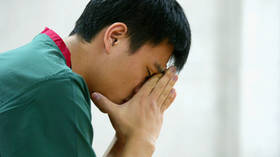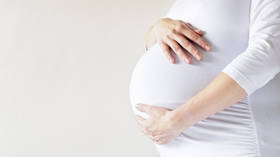South Korea to offer allowance to reclusive youths

A measure passed by South Korea’s Ministry of Gender Equality and Family will offer reclusive youths aged nine to 24 a monthly financial stipend in a bid to reintegrate them into society, as the Asian country attempts to confront a dwindling birth rate, which also threatens productivity.
The scheme will see people suffering from hikikomori – a Japanese term which describes extreme social withdrawal – provided with a monthly allowance of 650,000 won ($499). Around 350,000 South Koreans aged between 19 and 39 are estimated to be suffering from the condition, or around 3% of that total age group, per the South Korea Institute for Health and Social Affairs.
“This policy is fundamentally a welfare measure,” Shin Yul, a political science professor at Seoul’s Myongji University, told Bloomberg on Wednesday. Yul, though, cautioned that the allowance “cannot be seen as a long-term solution to fix the population problem here.”
Records this year indicate that South Korea is the only country in the world to have a fertility rate below one, with women producing an average of 0.78 children. The country also has a high rate of youth unemployment at 7.2%, with both factors leading to concerns about the implications on Seoul’s socioeconomic future.
The country’s president, Yoon Suk-yeol, last month described the low birth rate figures as a “crucial national agenda.”
A document outlining the plans released by South Korea’s government this week said that reclusive youths predominantly come from disadvantaged upbringings. Many of those affected, it says, began demonstrating reclusive tendencies in their adolescence.
Seoul said this week that the allowance will “enable reclusive youth to recover their daily lives and reintegrate into society.” It will assist with education or healthcare requirements, including addressing issues such as scarring in some instances, or “issues that adolescents may feel ashamed of.” The program also includes an allowance for teenagers for cultural events.
Last year, Seoul announced another social program which would triple financial support to would-be mothers in a bid to encourage more births in the country.













